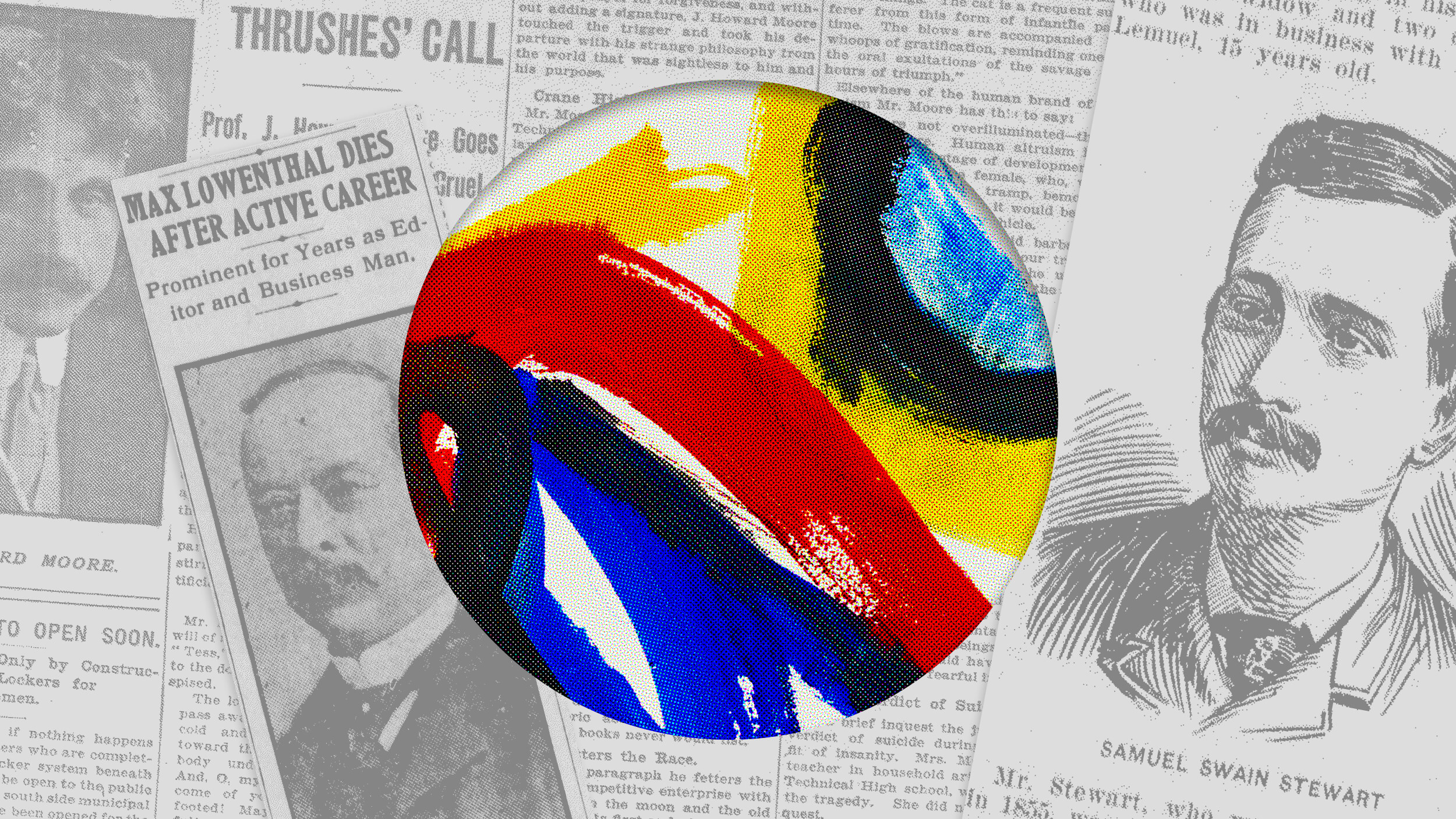People Say They Care About Brain Science, But Do They Really?

A new paper published in the journal Science Communication has made the case that brain research is something of an “other world” for most people. The researchers conducted in-depth interviews with (an admittedly tiny sample) of 48 Londoners and found that:
“Scientific information was seen as so complex that those who comprehended it must be an entirely different category of person. For instance, one woman asked incredulously, “Where do these people come from, that actually understand these things?” implying that they could not “come from” the world she herself inhabited.”
Nearly a third of the people interviewed were suspicious of neuroscientists, with some of those expressing “resentment” or “fear”: “Fifteen (31%) people voiced suspicion about scientific activity, wary about financial or political agendas or the use of science to manipulate the public.”
The significant minority who treat brain science with deep suspicion are clearly not representative of most people, but according to the researchers only a quarter of the participants professed admiration for scientists. Supported by the recent findings that even school teachers are severely misinformed about how the science of the brain can be applied in the classroom, the research suggests that brain science has a communication problem:
“Rather than a topic they could legitimately debate, the brain was the exclusive preserve of an intellectual elite. The perceived complexity of the relevant knowledge precluded lay participation: unfamiliar, dense, and technical language flagged scientific content as “not for me.” The confusion experienced on encountering inaccessible information was demoralizing and contributed toward a withdrawal from the scientific sphere.”
The study demonstrates perfectly, how people say funny contradictory things in interviews conducted by researchers. This isn’t always obvious in surveys where we don’t get a chance to offer up a blank slate and then probe what was said. The single most powerful finding in numerical terms was that 88% of those interviewed “professed interest in brain-related ideas” but when pressed that claim was starkly countered by the reality that 71% of those interviewed didn’t think the study of the brain was “salient” in their day to day life. A not uncommon type of response reads: “Science of the brain? I haven’t a clue. Nothing at all. I’d be lying if I said there was.” 56% of the participants claimed that they rarely or never stumbled upon neuroscience in the media, and of those that did most struggled to recall any actual examples:
“Neuroscience information was quickly forgotten: as one respondent put it, “It’s something you might occasionally read an article about and say, gosh, that’s interesting, and then turn over the page.”
In an interview for the radio show Science For The People social psychologist Cliodhna O’Connor, the author of the new paper explains:
“People are interpreting this information through the lenses through which they view the world already and it is actually being used to further entrench existing aspects of our social system. It is putting a shiny new gloss on old cultural biases rather than completely tackling and overturning ideologies or world views.”
If you’re like one of the people in this study – interested in research into the mind and brain but finding yourself cut off and frustrated by the shoddy standard of science reporting in much of the mainstream media – you’ll find yourself at home with this column: that sentiment, which I share, is the precise reason I started it. I believe that people are interested in the mind and brain, but are trapped between a sea of impenetrable content on the one side and a mountain of bland, uncritical, hurriedly reported churnalism on the other. Expanding the safe land in-between is my goal.
Listen to Cliodhna O’Connor’s interview here, check out Christian Jarrett’s take over at Wired and read the original (open access) paper here.
To keep up to date with this blog you can follow Neurobonkers on Facebook,Twitter,RSS or join the mailing list.
Image Credit: Shutterstock




